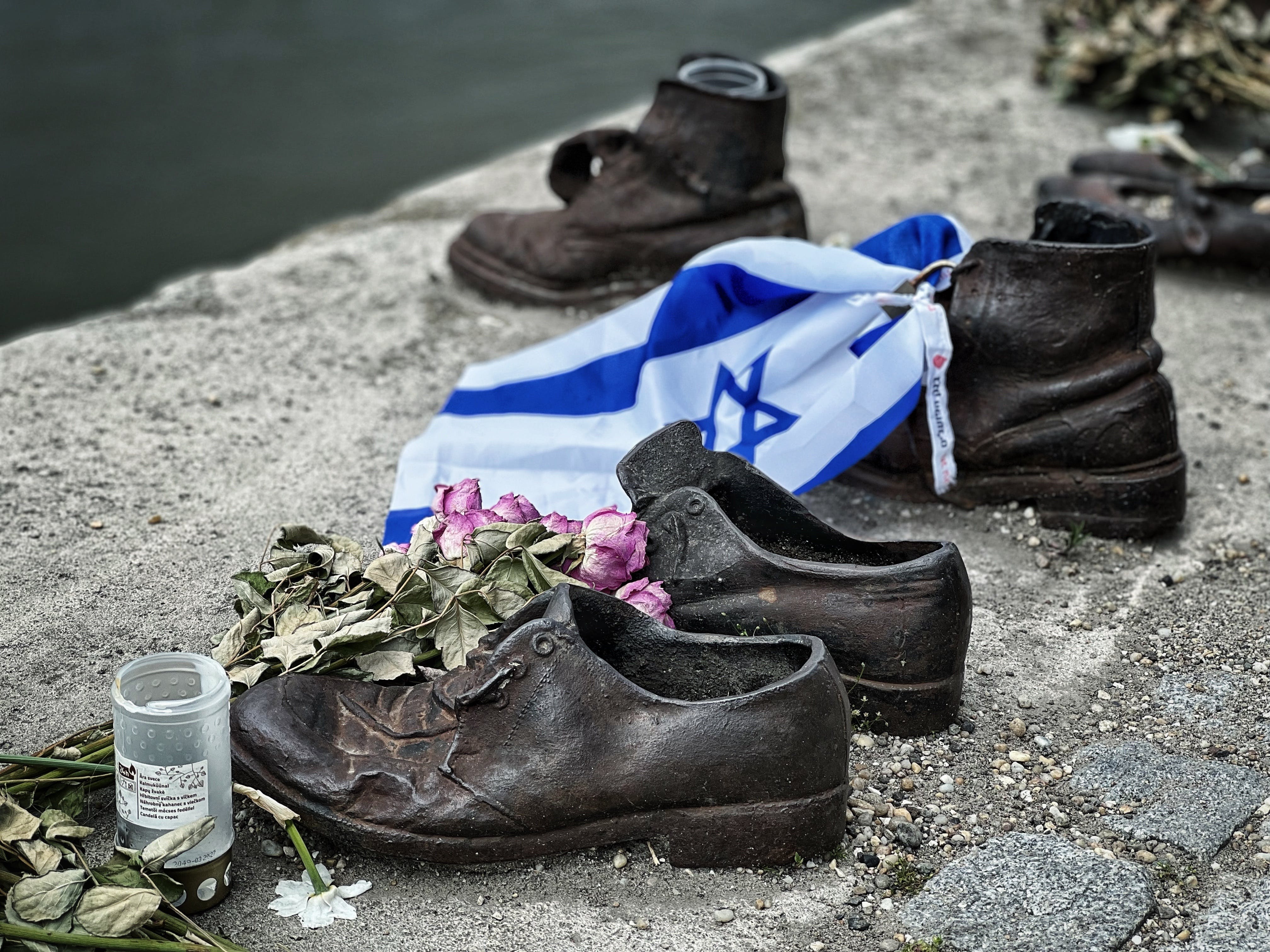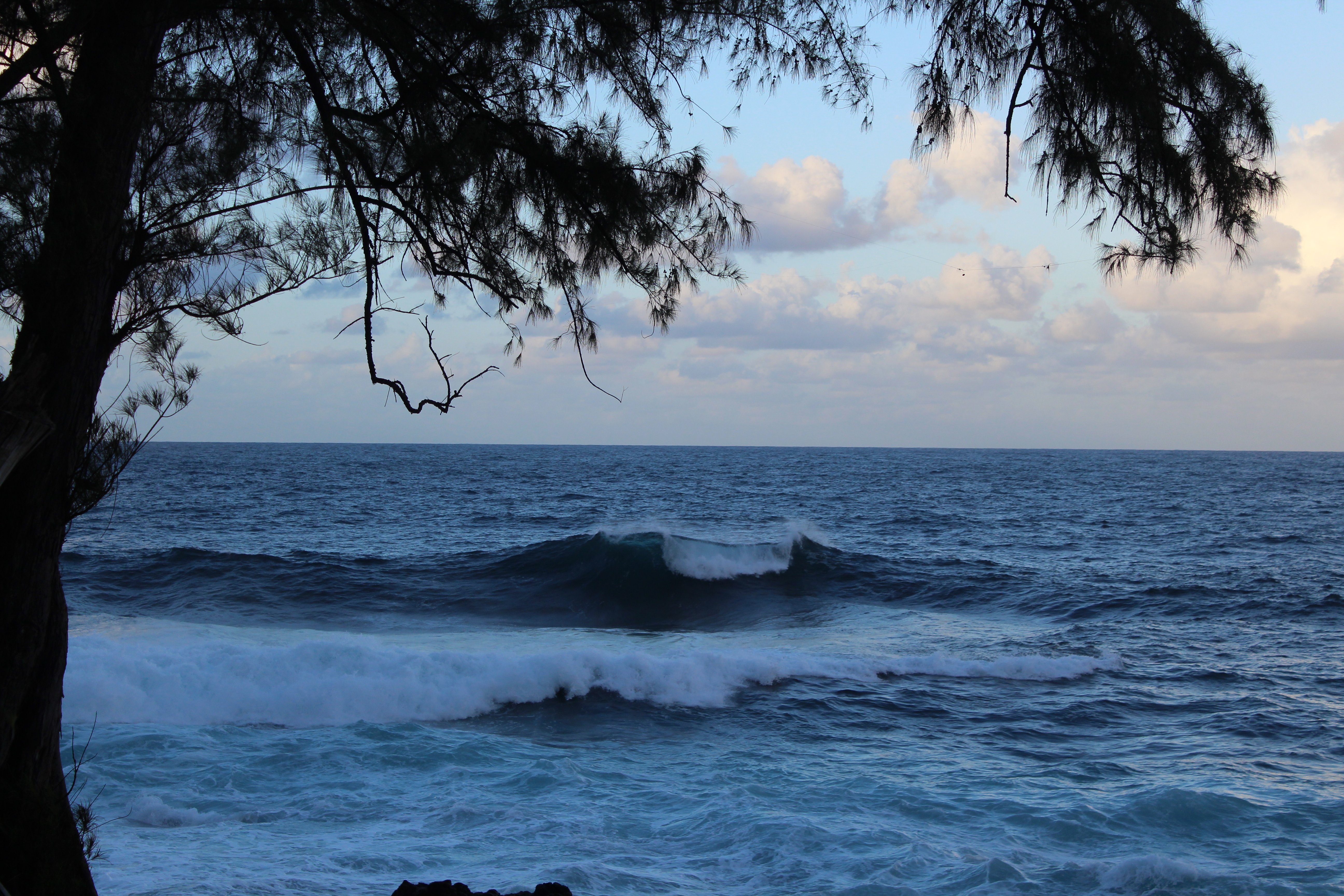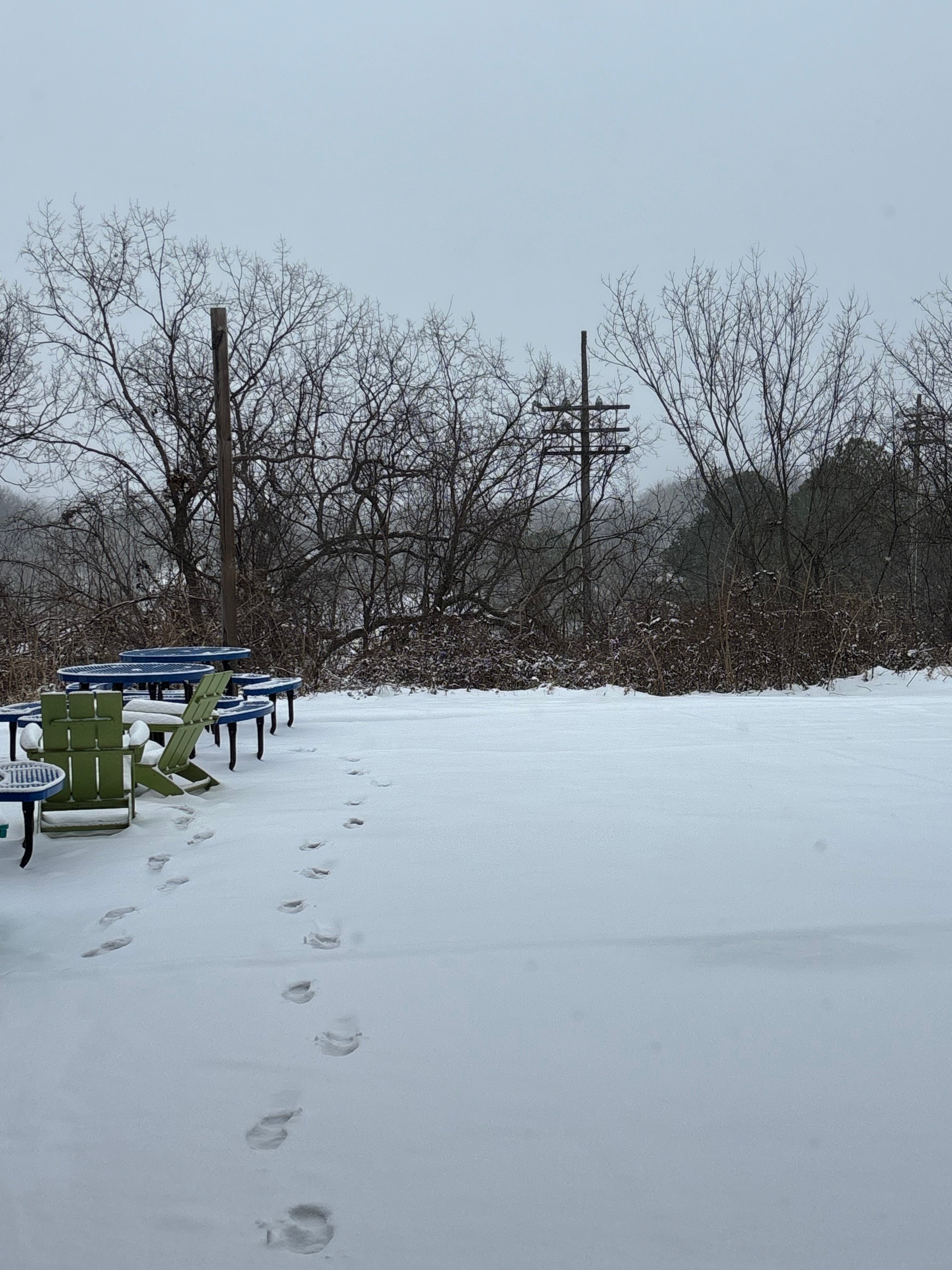![]()
On Oct. 7, Hamas terrorists committed the most violent attack in the history of modern Israel. Starting at 6:30 a.m., militants from Gaza launched approximately 5,000 missiles into the central and southern parts of the country. Ground raids soon followed, taking the lives of 1,400 innocent people and more than 200 hostages by the end of the day.
The attack occurred unexpectedly, as an organized group of militants destroyed Israel’s high-tech defense systems across the border. It simultaneously coincided with the 50th anniversary of the Yom Kippur War and a Jewish Sabbath. Hamas has repeatedly vowed to eliminate the state of Israel.
Israeli Prime Minister Benjamin Netanyahu immediately declared war, promising to “completely destroy Hamas” at this opportunity. Escalations have continued ever since, with almost 10,000 casualties on both sides.
U.S. President Joe Biden visited Tel Aviv two weeks later and has officially pledged support to Israel. Congress is now in the process of passing a $106 billion security packet for threatened American allies.
“Israel and Ukraine’s success is vital to our national security”, Biden said.
Israeli forces still plan a full-scale invasion to defeat Hamas. However, both allies and enemies have opposed the motion. Hezbollah, another terrorist group, already threatened to enter the war if Israel continues ground incursions into Palestine.
Dr. David Vila, a distinguished professor of religion and philosophy at John Brown University (JBU), commented that the crisis is more complicated than it seems. “Hamas controls the Gaza Strip, but the West Bank is generally peaceful. At the same time, Palestinians see a growing presence of Israeli settlers. There must be a two-state solution,” he explained.
Yamil Tenorio, president of the Model UN program at JBU, witnessed this while visiting Hebron last summer.
“We realized the moment you got out of the van, you already felt tension,” Tenorio said.
Other students also had similar experiences. “It’s a lot to process because you can see all the walls – the cultural and economic divisions,” Macy Bennet, a JBU senior from the Abila Archeological Project, added.
More than 2 million Palestinians live in the Gaza Strip, and their situation is critical. Almost 50% of their population is under 18, causing a higher level of humanitarian urgency. The World Health Organization has been trying to send supplies to Gaza since the conflict began, but to no avail. Egypt has closed its border with Gaza for immigration concerns. Israel has done the same, fearing Hamas will confiscate any foreign supplies.
JBU’s study abroad options for students might also become affected by the crisis. “We have plans to go to Turkey next year, but it all depends on how the conflict escalates”, Dr. Vila said. This Saturday, Turkey’s President Recep Erdogan claimed that “Hamas is not a terrorist organization”, prompting Israel to cut diplomatic ties with them. The U.S. State Department recently issued caution for Americans abroad, as terrorist retaliation is becoming more possible.
How has the international community responded? Salvadoran President Nayib Bukele, himself of Palestinian ancestry, boldly condemned the attacks of Hamas. “Anyone who supports the Palestinian cause would make a great mistake siding with those criminals,” he warned. Other countries such as Colombia and South Africa have crudely blamed Israel, marking a new wave of global Antisemitism.
“Yes: the Church is a continuation of God’s people. But as Christians, we ought to pursue peace” Vila concluded.





